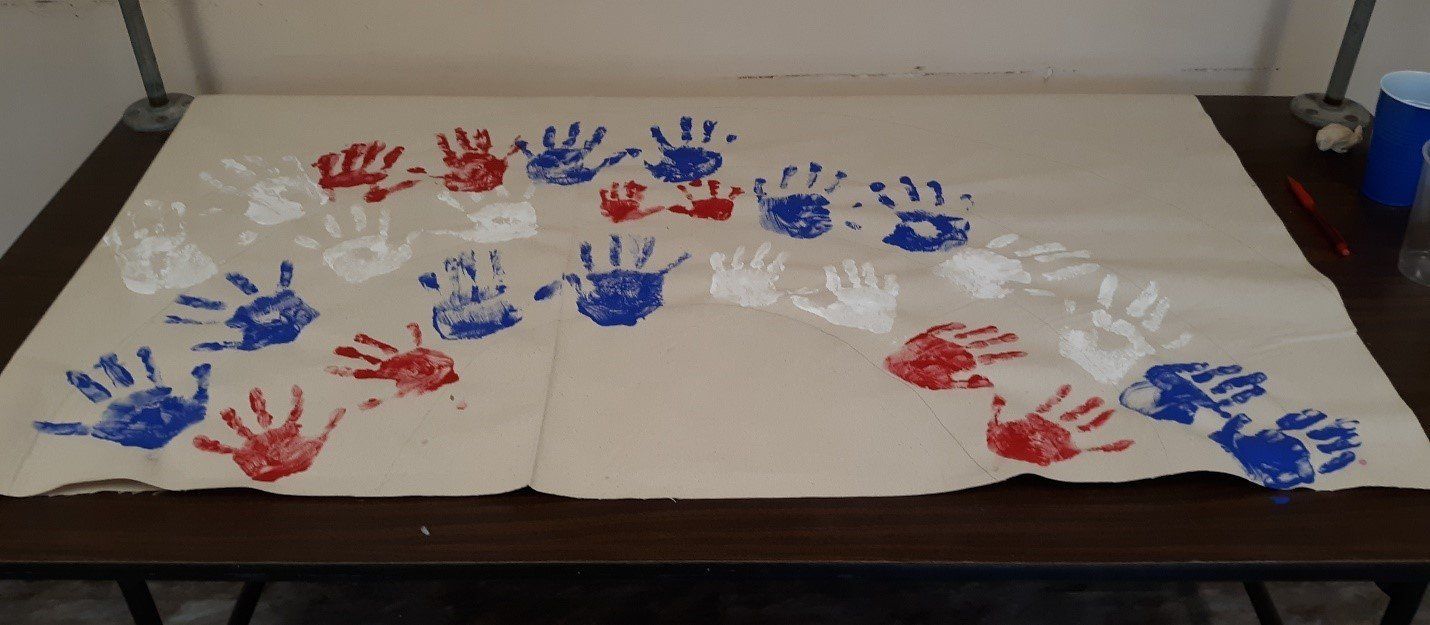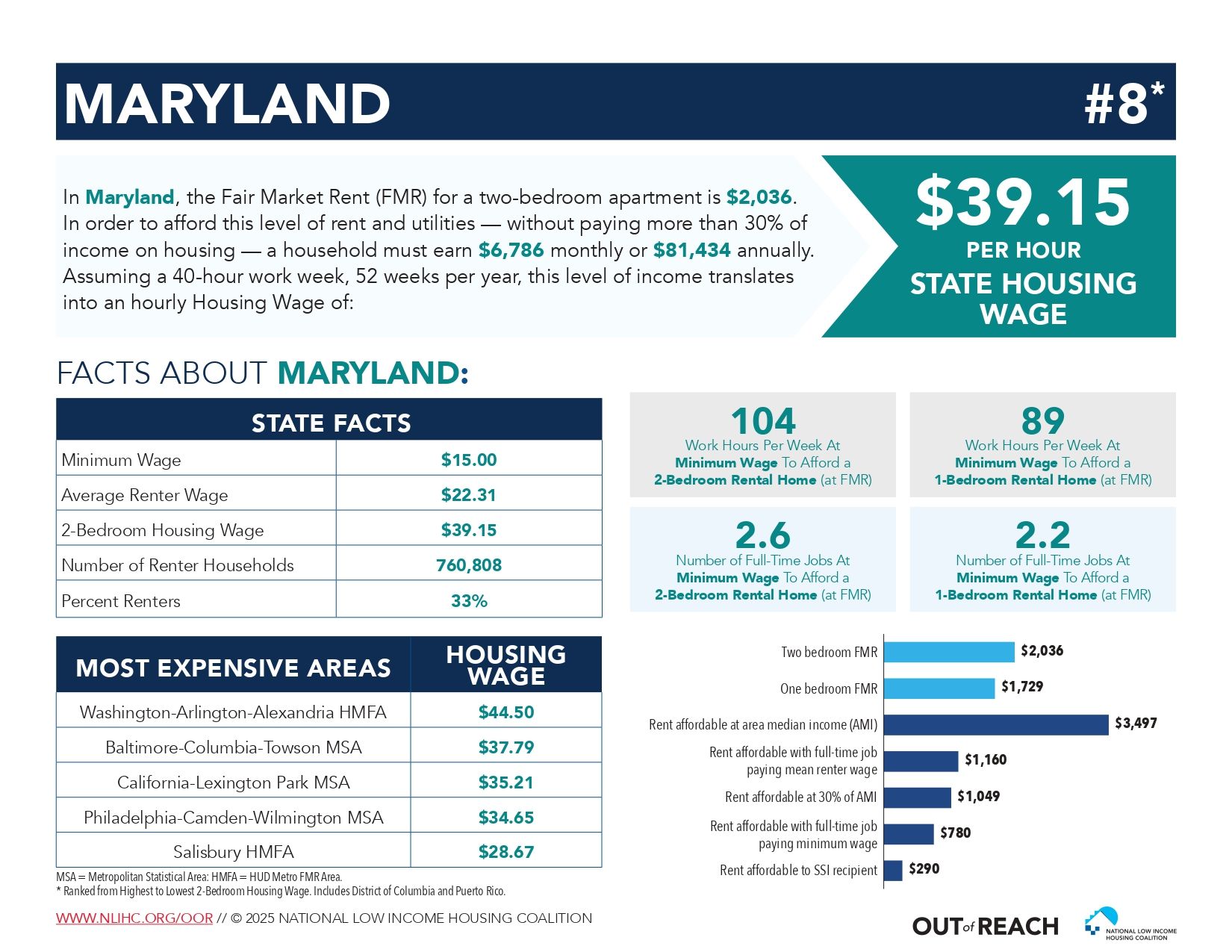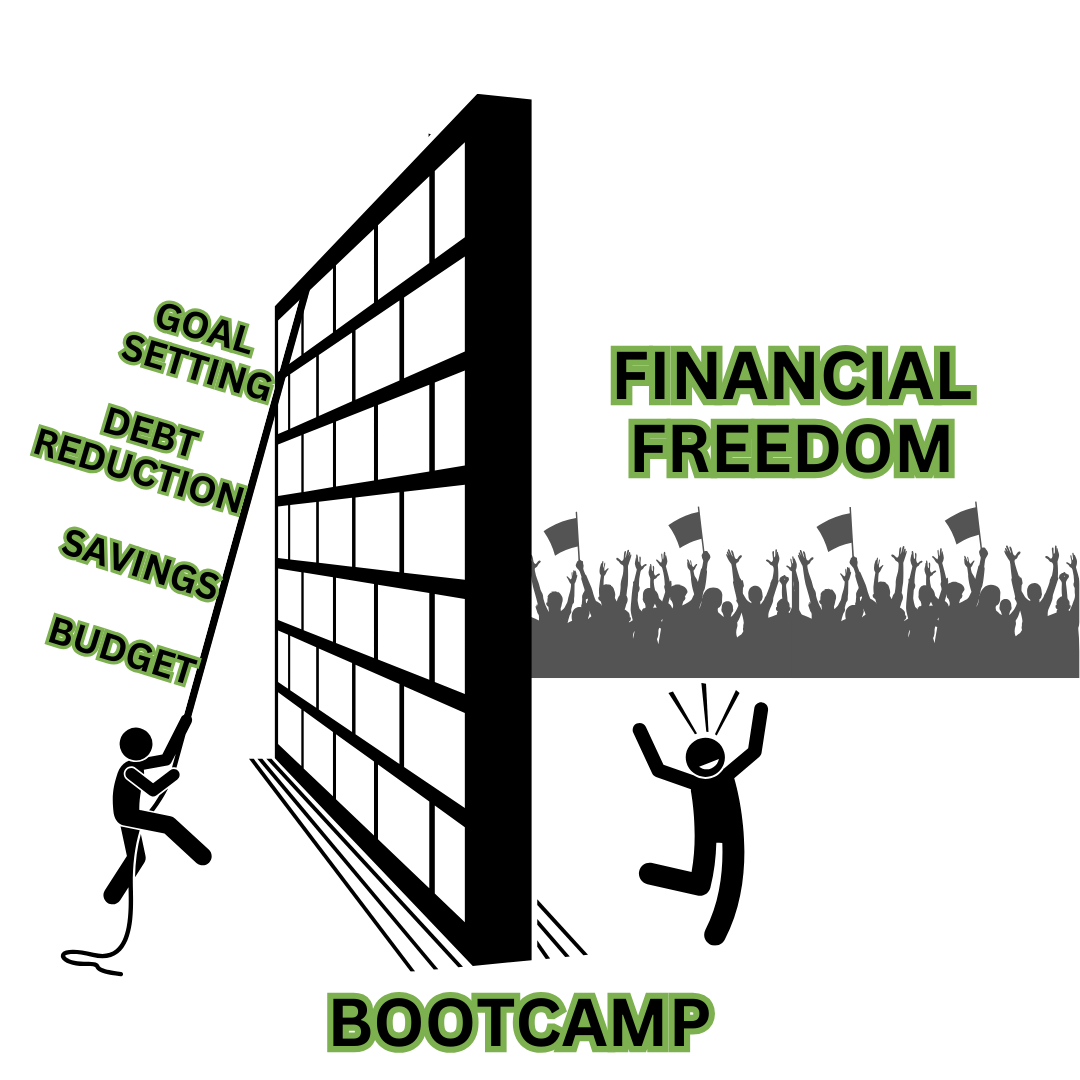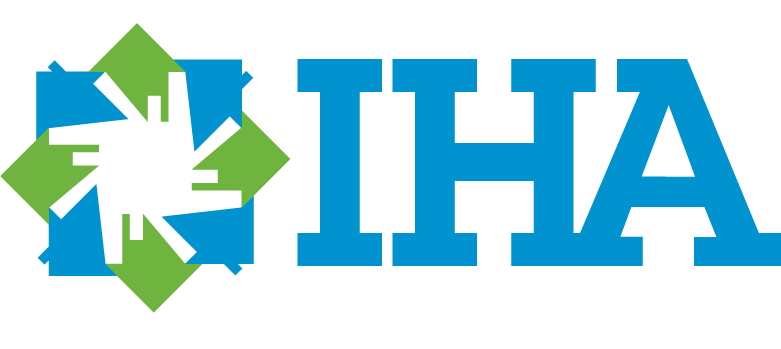Service Coordination During the Pandemic
Service Coordination During the Pandemic
In September 2019 I moved into a new position with Interfaith Housing Alliance as a Supportive Service Coordinator. When the shut-down of businesses occurred in March 2020 due to COVID-19, I was still learning the position’s responsibilities- arranging services for residents in need which required meeting with residents to assess needs, providing educational and personal enrichment activities for the residents, as well as hosting fun activities for everyone. In March I had to cancel that month’s Absolutely Awesome Kids Day as we were all sent home. How to do my job from home?
The essential part of checking in on residents’ welfare was possible through phone and emails; but I researched for weeks all the suggestions for virtual activities to do during the pandemic. It was inspiring to see how fast ideas were popping up everywhere. Here is a list of some of the most successful activities we have done at the properties during the pandemic:
Handed out envelopes of coloring pages to families for a coloring contest, gearing pages to ages of their children. We had 5 winners in the coloring contest between Washington Ridge Apartments, and Penn Ave. Townhomes. The winning participants were given gift cards.
In each of my weekly memos to residents, I added suggestions for websites for children and adults that offered home activities, virtual help with schoolwork, everything-from virtual storytelling to virtual visits to places of interest, art, music, and science activities. I also tried to add anything happening locally, like a photography company that adapted to the pandemic by doing ‘back porch photos’, where families could have pictures taken outside.
I offered a weekly virtual exercise class in which residents could participate with me from home on their phones and computers. Suggestions for places taking donations such as Goodwill and Salvation Army were listed with what they were accepting. I tried to gather homemade dog treats for the local rescue, which was not very successful. Shared invite to Interfaith Housing’s virtual Credit Café to anyone interested.
We made large posters thanking first responders at the hospital, that were decorated, and signed by residents and their children. A new local farm brought produce weekly to sell outside on the property - masks required. Due to Covid, the September annual fire safety program was not going to be provided at the local schools. A local firetruck was scheduled to come to the property for fire safety for the kids-masks and proper distancing. A resident reported losing money on Cash App, so I investigated and put out an informative memo for residents. Notices about help with energy assistance apps, registering to vote, and filling out the census forms were offered.
A grant to supply low to very-low-income families with school supplies was awarded to IHA. We provided the school-age children at the two local properties with their own chrome books, which were required by the Board of Education, and cost prohibitive to these parents.
In July 2021, we had our first get together “summer outdoor party” since the pandemic started. We had water games outside and the children of the property put their handprints on a piece of canvas in a rainbow fashion. The canvas is being made into a wall hanging for the community room. Fun was had by all along with the hopes that we can continue getting together.
The pandemic made us think outside the box, which is a good thing. It is amazing what we can accomplish even in the worst of times.




